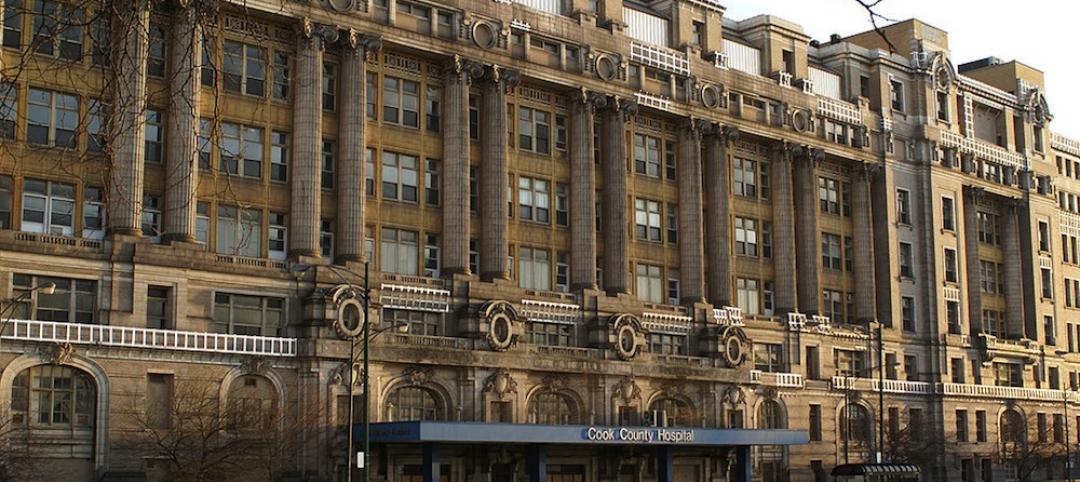There’s a national housing shortage, both market rate and affordable housing. At the same time there’s a large supply of empty office space and underutilized—and closed—hotels across the country. Owners and developers are increasingly examining the viability of commercial to residential conversions as a solution to both problems.
Hotels and office buildings present distinctly different factors to consider when evaluating the feasibility of potential residential conversion opportunities.
Issues with Hotel-to-Residential Conversions
Hotels have a distinct floorplan compared to office buildings that makes hotel-to-residential conversion more practical and less costly. Systems such as water and waste lines are already in place and can usually be relatively simple to modify them in converting a hotel building to apartments units. As a result, a hotel conversion project can be completed faster and at a lower cost than converting an office building to residential.
Hotel conversions are not without challenges. “While some underutilized hotels are located in city centers, other potential conversion candidates are in less desirable locations next to airports or off major highways far from residential communities—factors that can suppress the value and appeal of residential conversions,” said Chris Walker, Planning and Community Development Project Manager, Aufgang Architects.
These issues can be of less concern in converting hotels to affordable or supportive housing rather than market rate.
RELATED: Massachusetts launches program to spur office-to-residential conversions statewide
Walker was on the Aufgang team that designed the residential conversion of the 36 year old former JFK Airport Hilton Hotel in Queens, the first hotel-to-residential conversion in NYC.
The shuttered 350-key hotel was converted to the new Baisley Pond Park Residences, a 100% affordable, 318-unit multifamily building offering supportive services to low-income and formerly homeless families and individuals. The Baisley Pond Park Residences was developed by Slate Property Group and the nonprofit RiseBoro Community Partnership.
Issues with Office-to-Residential Conversions
Office buildings are usually located in city centers where many people work, with close access to public transportation, increasing their appeal as residential units, thus making them attractive to developers for conversion.
However, office-to-residential conversions often present design challenges that can be costly to address. Office buildings, despite large windows not commonly used in residential design, usually have deep footprints which deprive interior spaces of access to sunlight and outside air.
This can be overcome through innovative design, such as creating an open core or atrium through the height of the building. Also, elevators, stairways and systems such as water risers are usually centrally located in the cores of office buildings, requiring adding risers and lines to each new apartment unit, which increases conversion costs and lengthens construction time.
About Aufgang Architects
Established in 1971 Aufgang Architects is a certified New York City and New York State Minority Business Enterprise. In the past 22 years the firm has designed and consulted on more than 20 million sf of built space, including over 14,000 units of affordable housing.
Related Stories
Hotel Facilities | Sep 7, 2016
Fish out of water: The site of a Birdseye frozen-food factory in Gloucester, Mass., transforms into a seaside hotel
The construction of this 94-room hotel and conference center pitted tourism proponents against locals who want to preserve this historic city’s fishing heritage.
Healthcare Facilities | Apr 24, 2016
A symposium in New Jersey examines how a consolidating healthcare industry can better manage its excess real estate
As service providers position themselves closer to their communities, they are looking for ways to redirect non-core buildings and land for other purposes.
Adaptive Reuse | Apr 7, 2016
Redevelopment plan announced for Chicago’s historic Cook County Hospital
The century-old, Beaux Arts architecture-inspired hospital will transform into a mixed-use development.











